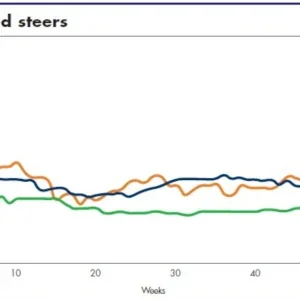The Brussels plan to impose anti-dumping duties on shoes imported into the EU from China and Vietnam has sharply divided EU governments with as many as ten of the 25 member states voting against it in the EU’s anti-dumping committee this week. Only three countries were reported to have supported the plan proposed by Peter Mandelson, EU trade commissioner, with 11 abstaining. The vote was only a ‘consultative’ one and the plan will go ahead, though the Commission hopes to find a consensus. Shoe manufacturing countries such as Italy, Spain and Portugal have argued for higher duties than those proposed by Brussels while others want no action taken at all because of the effect on prices.
Addressing the European Parliament, Mandelson said the contraction of the European footwear sector was a long-term process that began long before trade in footwear with China was liberalised in 2005. ‘We should acknowledge that European producers have significantly contributed to the change by relocating their production to Asia in quite a number of cases. As a result, we need to take into account a range of European producer interests in assessing our interests in the matter’, he said.
Mandelson said there was ‘compelling evidence’ to suggest that Chinese and Vietnamese authorities were disguising subsidies, even though the investigation had been based on companies the two governments had themselves recommended. This, in turn, was allowing the Chinese and Vietnamese producers to sell their shoes in Europe below the actual value of the shoes in the two countries in question. WTO and EU rules mean that Europe has the right to fight back, Mandelson stated.






